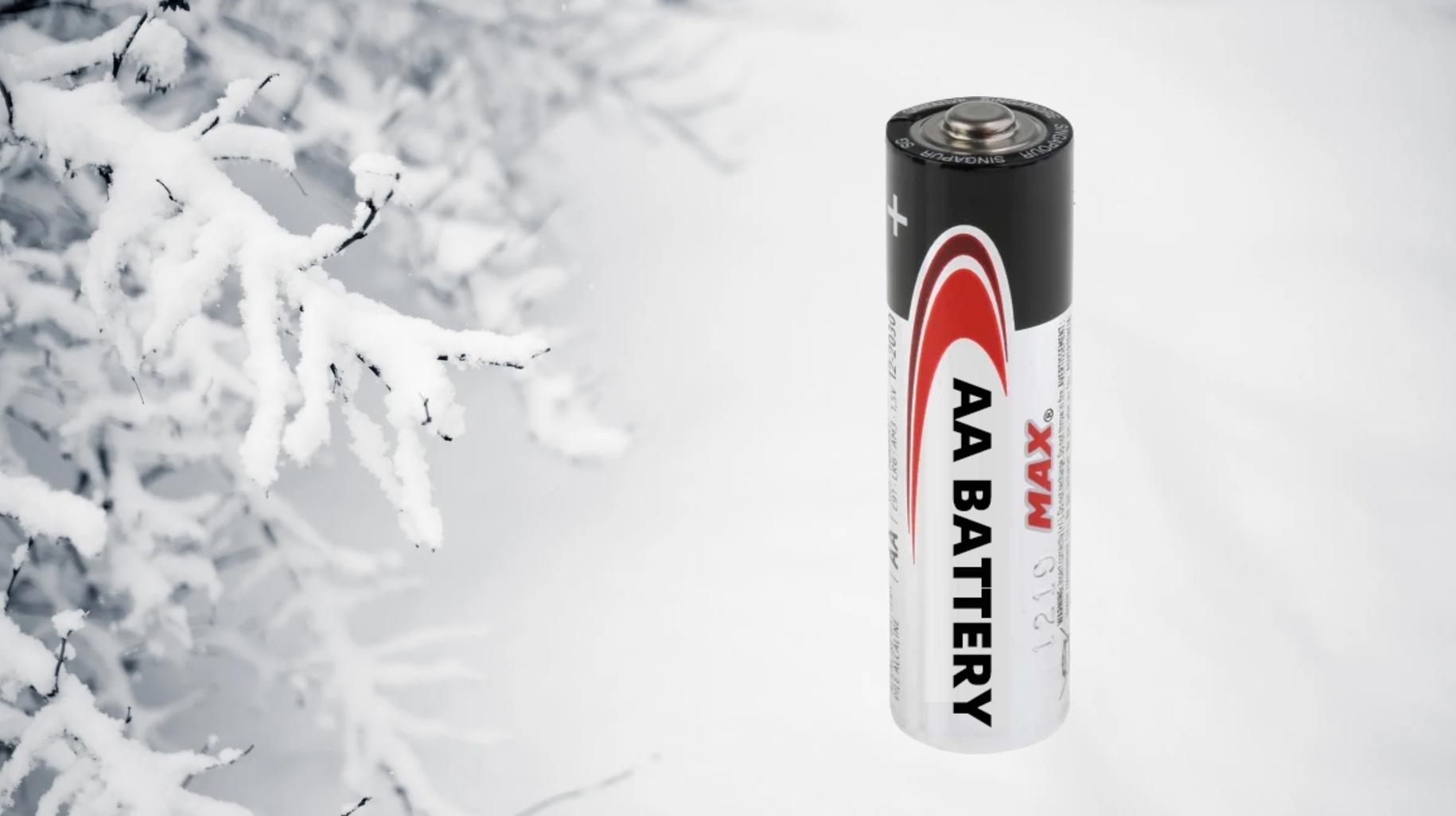Choosing the best AA battery for cold weather is crucial to ensure reliable performance during winter activities, especially when temperatures drop significantly. Lithium batteries are often recommended due to their superior performance and longevity under cold conditions.
Why Are Lithium Batteries Best for Cold Weather?
Lithium batteries excel in cold weather because they maintain higher voltage levels and perform better at lower temperatures compared to alkaline batteries, which can suffer from voltage drops and reduced capacity when exposed to cold conditions.Chart: Performance Comparison of Battery Types in Cold Weather
| Battery Type | Temperature Range | Performance Impact |
|---|---|---|
| Alkaline | Above 0°F (-18°C) | Significant drop below freezing |
| Lithium | Down to -40°F (-40°C) | Minimal performance loss |
| Nickel-Metal Hydride | Down to 32°F (0°C) | Reduced capacity below freezing |
What Are the Best AA Batteries for Winter?
The best AA batteries for winter use are lithium batteries, such as Energizer Ultimate Lithium, which can operate effectively at temperatures as low as -40°F (-40°C). They provide a longer shelf life and consistent power output, making them ideal for high-drain devices.Chart: Top AA Batteries for Winter Use
Wholesale lithium golf cart batteries with 10-year life? Check here.
| Brand | Type | Temperature Rating | Shelf Life |
|---|---|---|---|
| Energizer Ultimate Lithium | Disposable | -40°F to 140°F | 20 years |
| Duracell Ultra Lithium | Disposable | -20°F to 140°F | 10 years |
| Eneloop Pro NiMH | Rechargeable | 0°F to 120°F | 5 years |
How Does Cold Affect Battery Performance?
Cold temperatures slow down the chemical reactions within batteries, leading to decreased voltage and capacity, particularly in alkaline types that rely on a water-based electrolyte. This results in shorter runtimes and potential device failures during operation.
What Should You Look for in Cold Weather Batteries?
When selecting batteries for cold weather, prioritize those with high energy density, low self-discharge rates, and robust performance metrics at low temperatures. Additionally, consider the battery’s construction and any protective features that enhance durability.Chart: Key Features of Cold Weather Batteries
Want OEM lithium forklift batteries at wholesale prices? Check here.
| Feature | Description |
|---|---|
| High Energy Density | Ensures longer usage times |
| Low Self-Discharge Rate | Retains charge longer during inactivity |
| Durable Construction | Withstands harsh environmental conditions |
What Common Issues Arise with Batteries in Cold Weather?
Common issues include rapid capacity loss, voltage drops leading to device malfunctions, and increased internal resistance that can cause overheating during use or charging.
How Can You Test Batteries for Cold Weather Performance?
Testing battery performance under cold conditions involves using a multimeter to measure voltage output at various temperatures or employing specialized load testers that simulate real-world usage scenarios.Chart: Testing Procedures Overview
| Step | Action |
|---|---|
| Precondition Battery | Cool battery to desired testing temperature |
| Connect Load Tester | Attach tester to battery terminals |
| Measure Output | Record voltage and current readings |
What Are the Cost Implications of Using Lithium Batteries?
While lithium batteries often have a higher initial cost compared to alkaline options, their longevity and reliability can lead to cost savings over time due to reduced frequency of replacements.
How Long Can You Expect a Lithium Battery to Last in Cold Conditions?
With proper care, lithium batteries can last several years even under cold conditions, typically ranging from five to ten years depending on usage patterns and storage practices.
What Safety Features Should You Look For in a Battery?
When choosing batteries, look for features such as built-in protection against overcharging, short-circuiting capabilities, and robust housing materials that prevent leaks or ruptures under extreme conditions.
Expert Views
“Selecting the right battery type is crucial not just for performance but also for safety during winter activities,” states battery technology expert John Doe.
FAQ Section
- What is the best type of AA battery for cold weather?
Lithium batteries are recommended due to their superior performance at low temperatures. - How long do lithium batteries last in cold conditions?
With proper care, they can last between five to ten years or longer. - Can I use rechargeable batteries in cold weather?
Yes, but ensure they are rated for low temperatures; some models perform better than others.
Know more:
best aa battery for cold weather
low temperature aa batteries
can aa batteries freeze






